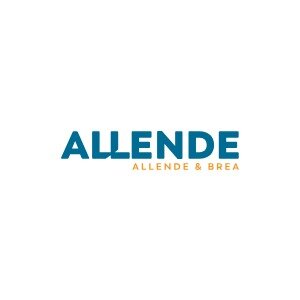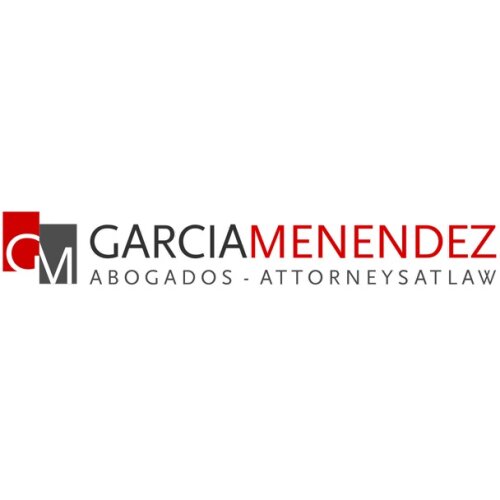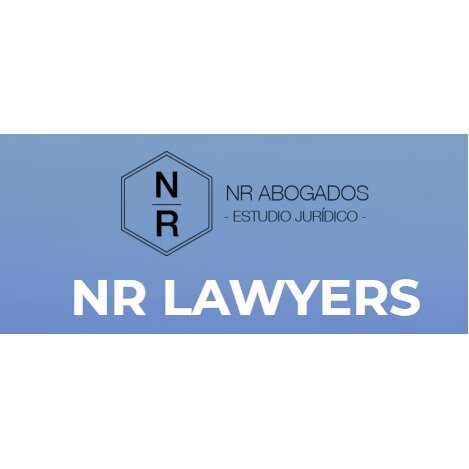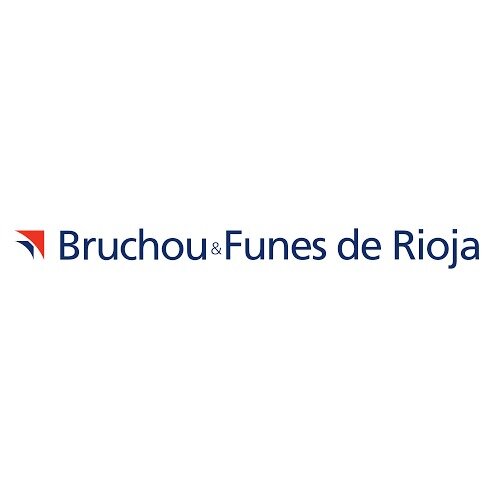Best Water Law Lawyers in Argentina
Share your needs with us, get contacted by law firms.
Free. Takes 2 min.
Or refine your search by selecting a city:
List of the best lawyers in Argentina
About Water Law in Argentina
Water Law in Argentina regulates the ownership, use, management, and preservation of water resources throughout the country. The legal framework regarding water is rooted in both the federal constitution and specific national and provincial laws. Water resources are recognized as national or provincial public goods, and their use is subject to permits and regulations designed to balance users’ needs with environmental protection and public interest. The field of Water Law addresses issues involving rivers, lakes, groundwater, irrigation, hydropower, pollution control, and the rights and responsibilities of individual users and communities.
Why You May Need a Lawyer
Various situations may require the assistance of a lawyer specialized in Water Law in Argentina. Common scenarios include:
- Disputes over water rights or access to water sources for agriculture, industry, or domestic use
- Negotiating or contesting water use permits and concessions with government authorities
- Conflicts between neighbors or communities over boundary streams or shared bodies of water
- Concerns regarding the contamination or pollution of water resources by third parties
- Legal proceedings related to regulatory compliance with water use, irrigation, or wastewater treatment
- Involvement in infrastructure projects such as dams, hydroelectric plants, or irrigation systems
- Navigating environmental laws when water resources are affected by development projects
- Defending against claims of unauthorized water extraction or environmental harm
- Seeking compensation for water-related damages or losses
- Clarifying water entitlement during land acquisition or property development
Having a legal expert can help you understand your rights, comply with regulations, and resolve disputes efficiently.
Local Laws Overview
Argentina’s legal system involves both national and provincial jurisdictions regarding water. The National Constitution states that all waters are public property, but provinces are responsible for the administration and regulation of water resources within their territories. Key aspects include:
- Ownership and Control: Rivers, lakes, and underground waters are generally public and cannot be privately owned, though private individuals can obtain use rights.
- Permits and Concessions: To extract or use significant amounts of water, a permit, or concession from the appropriate provincial authority is usually required.
- Environmental Protections: Water uses must comply with environmental laws aimed at preserving ecosystems, preventing contamination, and ensuring sustainable use. Laws such as Ley General del Ambiente (General Environmental Law) and the Water Code in several provinces set standards for quality and sustainability.
- Priority of Use: Water Law often establishes a hierarchy of uses giving priority to essential human consumption, followed by agriculture, industry, and other uses.
- Pollution Control: Discharge of pollutants into water bodies is heavily regulated and offenders may face penalties or be ordered to remedy harm.
- Conflict Resolution: Provincial Water Codes define mechanisms to settle disputes between users, including administrative and judicial processes.
- International Waters: Shared water resources with neighboring countries are subject to international treaties and cooperation agreements.
Frequently Asked Questions
What are water rights in Argentina?
Water rights are legal permissions to use public water resources for specific purposes such as drinking, irrigation, or industry. These rights are granted through permits or concessions by provincial authorities and are subject to regulations.
Can a private person own water in Argentina?
No, water is generally considered a public good. However, private individuals and companies can have rights to use water for authorized purposes under established regulations.
How are water use permits obtained?
Permits are typically requested from provincial water authorities or relevant agencies. Applicants must demonstrate the intended use, technical feasibility, and compliance with environmental norms.
Who regulates water usage and quality?
Each province has its own water authority responsible for managing water resources within its territory. At the national level, the Ministry of Environment and Sustainable Development oversees policies, especially regarding transboundary or interjurisdictional waters.
What should I do if my water source is contaminated?
You should report the contamination to local environmental or water authorities. You may also seek legal assistance to pursue claims for damages or demand remediation from responsible parties.
Are there penalties for illegal water use?
Yes, unauthorized extraction, diversion, or pollution of water resources can result in administrative fines, restoration orders, and even criminal penalties depending on the circumstances.
How are water disputes between landowners resolved?
Many conflicts are first handled through administrative procedures with local authorities. If unresolved, the cases can be taken to court where judges interpret Water Code provisions and relevant case law.
Is water use for irrigation treated differently than for industry?
Yes, provincial laws often establish a hierarchy of uses, prioritizing essential and agricultural uses over industrial or recreational uses.
What happens if a development project affects a river or stream?
Any project that could affect water resources must undergo environmental impact assessments and secure permits from the relevant authorities. There are strict regulations to prevent significant harm to ecosystems and downstream users.
Do international treaties affect water rights in Argentina?
Yes, rivers and water bodies shared with neighboring countries are governed by binational agreements and international treaties, which set rules on usage, preservation, and dispute resolution.
Additional Resources
For further information and assistance on Water Law in Argentina, consider reaching out to the following organizations or governmental bodies:
- Ministry of Environment and Sustainable Development (Ministerio de Ambiente y Desarrollo Sostenible)
- National Water Institute (Instituto Nacional del Agua - INA)
- Provincial Water Authorities (e.g. Departamento General de Irrigación in Mendoza, Autoridad del Agua in Buenos Aires)
- Argentine Association of Water and Sanitation (AIDIS Argentina)
- Legal Aid and Ombudsman Offices specialized in environmental matters
- University legal clinics and faculty research groups focused on environmental and water law
Next Steps
If you require legal assistance regarding Water Law in Argentina, start by gathering all relevant documentation related to your water use, permits, or disputes. Contact a lawyer who specializes in environmental or water law. You can seek recommendations from local bar associations, provincial water authorities, or specialized legal directories. In urgent cases involving contamination or infringement of rights, report the situation to the appropriate authority as soon as possible. A qualified lawyer can then help you assess your legal position, represent you before regulators or in court, and guide you through the legal processes to protect your rights and interests effectively.
Lawzana helps you find the best lawyers and law firms in Argentina through a curated and pre-screened list of qualified legal professionals. Our platform offers rankings and detailed profiles of attorneys and law firms, allowing you to compare based on practice areas, including Water Law, experience, and client feedback.
Each profile includes a description of the firm's areas of practice, client reviews, team members and partners, year of establishment, spoken languages, office locations, contact information, social media presence, and any published articles or resources. Most firms on our platform speak English and are experienced in both local and international legal matters.
Get a quote from top-rated law firms in Argentina — quickly, securely, and without unnecessary hassle.
Disclaimer:
The information provided on this page is for general informational purposes only and does not constitute legal advice. While we strive to ensure the accuracy and relevance of the content, legal information may change over time, and interpretations of the law can vary. You should always consult with a qualified legal professional for advice specific to your situation.
We disclaim all liability for actions taken or not taken based on the content of this page. If you believe any information is incorrect or outdated, please contact us, and we will review and update it where appropriate.
Browse water law law firms by city in Argentina
Refine your search by selecting a city.















